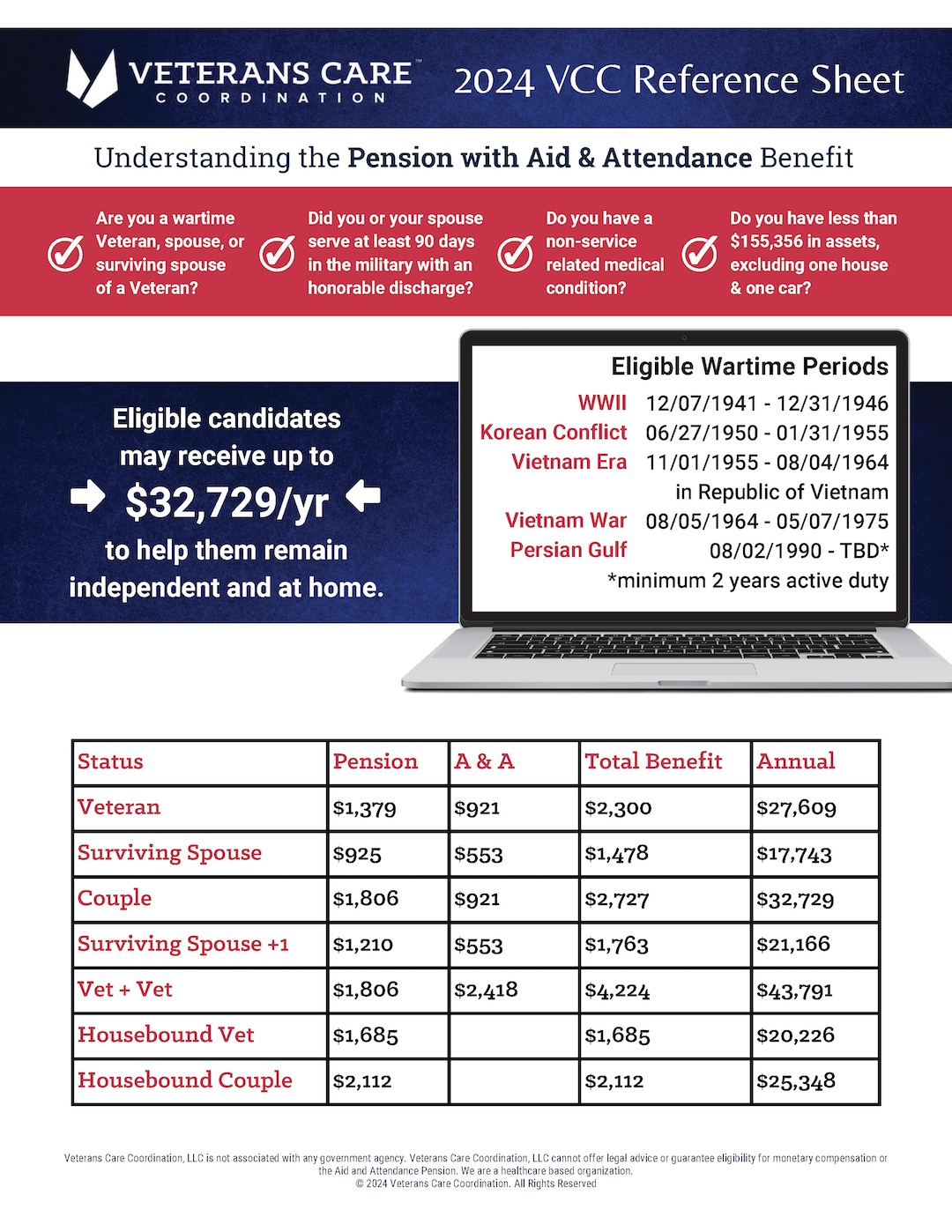Veterans 2024: You may receive benefits up to $32,729/yr to remain independent and at home




The literature related to the stress experienced by families who care for medically fragile children is analyzed. A model is generated from themes identified in the research literature. Four core themes were identified under which most of the stressors identified in the literature could be grouped. These are role conflict, financial burden, care burden, and independence. These are in turn arranged as a matrix in which the family, the child, the care professional, and health care system interact dynamically with the four core themes. The Family Stress/Task Matrix has the potential for facilitating research related to models that include a family-centered view among health professional and systems.
Ratliffe CE, Harrigan RC, Haley J, Tse A, Olson T. Stress in families with medically fragile children. Issues Compr Pediatr Nurs. 2002 Jul-Sep;25(3):167-88. doi: 10.1080/01460860290042558. PMID: 12230829.


Home care (rather than hospital care) for a diverse group of medically fragile children has expanded in the last decade without an adequate understanding of its impact on families. In this report, the psychological distress of parents was measured using family data and a standardized psychological distress instrument. Of 57 families studied, 59% of the mothers and 67% of the fathers reported significant levels of distress symptoms. Regression’s analysis suggest that factors associated with increased family responsibility contribute to parents’ distress. The type and amount of professional support also affect parental distress
Leonard BJ, Brust JD, Nelson RP. Parental distress: caring for medically fragile children at home. J Pediatr Nurs. 1993 Feb;8(1):22-30. PMID: 8445515.


Forty-eight mothers and fathers caring for a medically fragile child at home completed questionnaires and were interviewed about the impact of this caregiving on their family and about their relationship with home care professionals. Factors contributing to a positive parent-professional relationship were professional competence, genuine caring for the child, and respectful, supportive collaboration with the family. More hours of care provided by home health aides increased mothers’ strain with the professional caregivers; more hours of care from nurses increased fathers’ strain. Family cohesion, family organization, and support from the community reduced the amount of strain parents reported having with home care providers. Implications for training providers and reducing the negative impact of home care are discussed.
Patterson JM, Jernell J, Leonard BJ, Titus JC. Caring for medically fragile children at home: the parent-professional relationship. J Pediatr Nurs. 1994 Apr;9(2):98-106. PMID: 8027945.


The health status of 48 families providing home care for their medically fragile children was studied. Mothers, as the primary caregivers, experienced a greater decline in their physical health than did fathers or siblings. When the financial burden of providing care was greater and when the relationship with care providers was more strained, families had more physical illness symptoms. Who provided home care services for the medically fragile child influenced the psychosocial impact on the family. Care provided by home health aides was associated with greater negative impact, whereas care from professional nurses reduced the negative impact. The trend toward home care for medically fragile children has been accelerating; this study points to the importance of studying the impact on the family of this kind of care. Policy implications regarding the amount and quality of services and payment for them are discussed.
Patterson JM, Leonard BJ, Titus JC. Home care for medically fragile children: impact on family health and well-being. J Dev Behav Pediatr. 1992 Aug;13(4):248-55. PMID: 1506462.

Chesapeake Home Health Care has in partnership with Veterans Care Coordination help families learn more about the VA benefit Pensiion with Aid and Attendance that helps pay for home care services. Call us otday to learn more 301-249-4333.
![CHHC_Feb_CoBrandedFlyer_2022[1]](https://chhccares.com/wp-content/uploads/2022/02/CHHC_Feb_CoBrandedFlyer_20221-scaled.jpg)
![CHHC_Mar_CoBrandedFlyer_2022[1]](https://chhccares.com/wp-content/uploads/2022/02/CHHC_Mar_CoBrandedFlyer_20221-scaled.jpg)